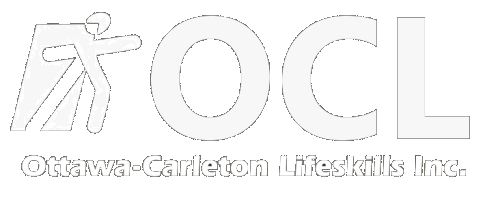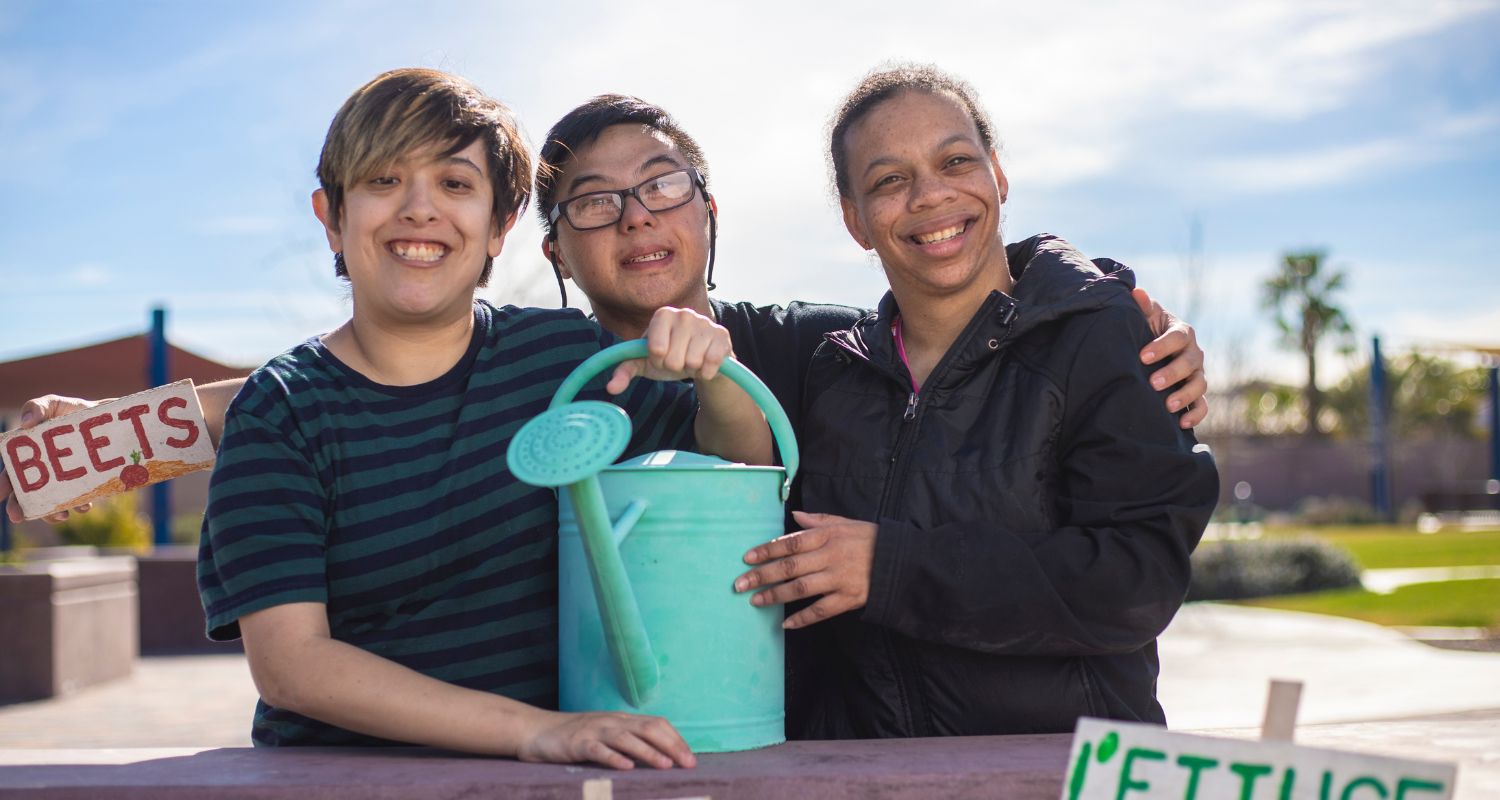Table of Contents
- 10 Activities for Nonverbal Adults With Developmental Disabilities
- Tips for Choosing Activities for Nonverbal Adults With Developmental Disabilities
Consider the following safe, supportive, and entertaining activities for individuals with adults with developmental disabilities who are nonverbal.
10 Activities for Nonverbal Adults With Developmental Disabilities
- Educational Activities
Adults with developmental disabilities are engaged and entertained by a range of educational initiatives. In addition to exposing your loved one to new concepts, these activities provide adults with the chance to learn more about issues that interest them.
- Write, Illustrate and Publish a Book
We all have different likes and hobbies. Equip and support your loved one to publish a book or make a video based on his or her interest. If possible, allow them to choose the topic and type the script. Publish the book online or in hard copy, so your loved one can revisit their work.
- Read Together
Even if your loved one cannot read aloud, they can still peruse books and periodicals. Provide an assortment of vibrant periodicals, field guides, encyclopedias, coffee table books, and graphic novels. As they see the images and listen to the stories, they can learn about cultures, people, and animals from across the globe.
- Social Activities
Try to encourage your loved one to participate in one-on-one or small-group social activities. Social connection and engagement will help foster new friendships and relationships.
- Construct Using Blocks
Using a template and blocks, two adults can recreate a design together. This game utilizes visual and tactile skills, enabling your loved one to communicate through facial expressions and emotions.
- Make Music
People are united and amused by music since it transcends talents, interests, and age. Together with classmates or family members, your loved one may imitate the beat of a favourite song using rhythm instruments and drumsticks (or pots, pans, and spatulas). You can also hum melodies, generate music with water in cups of varying sizes, or dance together to music.
- Participate in Recreational Games and Sports
Introduce non-competitive activities such as swimming, bicycling, or dance to enhance the enjoyment of peers. You can also modify the rules of competitive games and sports as you foster camaraderie and expose your loved ones to a wide variety of enjoyable activities they can enjoy with others. For instance, kick a soccer ball back and forth, decrease board game rules, and build collaborative Lego building pieces.
- Communication Activities
Many nonverbal individuals can communicate as they write, type or utilize sign language, image cards, or digital communication devices. Introduce your loved one to activities that increase his or her communication skills and capacity to interact in the environment.
- Learn Sign Language
Through sign language, individuals receive access to a portable, visually-based form of communication that enables them to express their emotions, thoughts, and ideas. Sign language can help increase autonomy and self-assurance.
Find a sign language tutorial online, in a library, or elsewhere, and watch it with your partner. Utilize these learned skills while interacting and communicating throughout the day.
- Leisure Time Activities
Consider this small list of interesting and enjoyable leisure activities for individuals with adults with developmental disabilities who are nonverbal:
- Cooking
- Gardening
- Movies
- Camping
- Hiking
- Brain Teasers
Tips for Choosing Activities for Nonverbal Adults With Developmental Disabilities
 Utilize interests
Utilize interests
To maximize participation, choose activities based on the individual’s interests. When the activity focuses on a subject your loved one appreciates, are more likely to engage and get the most value from it.
- Support autonomy
Your loved one likely prefers the activities they love or want to participate in. When you take the time to listen, you display respect by introducing advantageous opportunities.
- Provide assistance
Occasionally, support can improve your loved one’s participation in and enjoyment of activities. If required, provide your loved one with mobility aids, communication devices, or professional personnel while you provide support.
- Relieve pressure
Remember that it’s ok to bend the rules of a game or take a more relaxed approach to any activity. Focus on having fun and creating long-lasting memories!
Learn about additional support options for nonverbal adults with developmental disabilities at OCL. We can be reached in Ottawa at (613) 254-9400 or by visiting us online.



